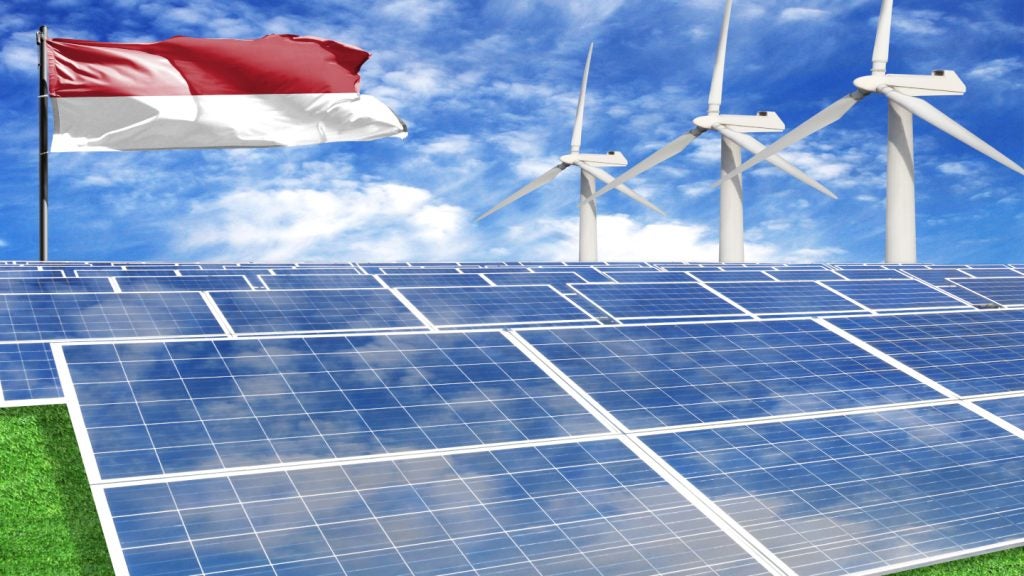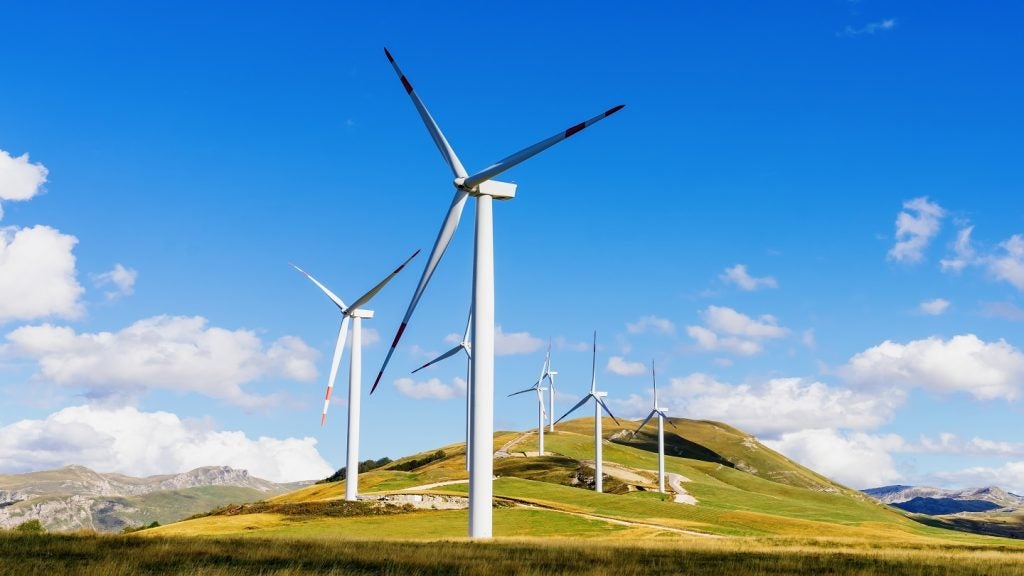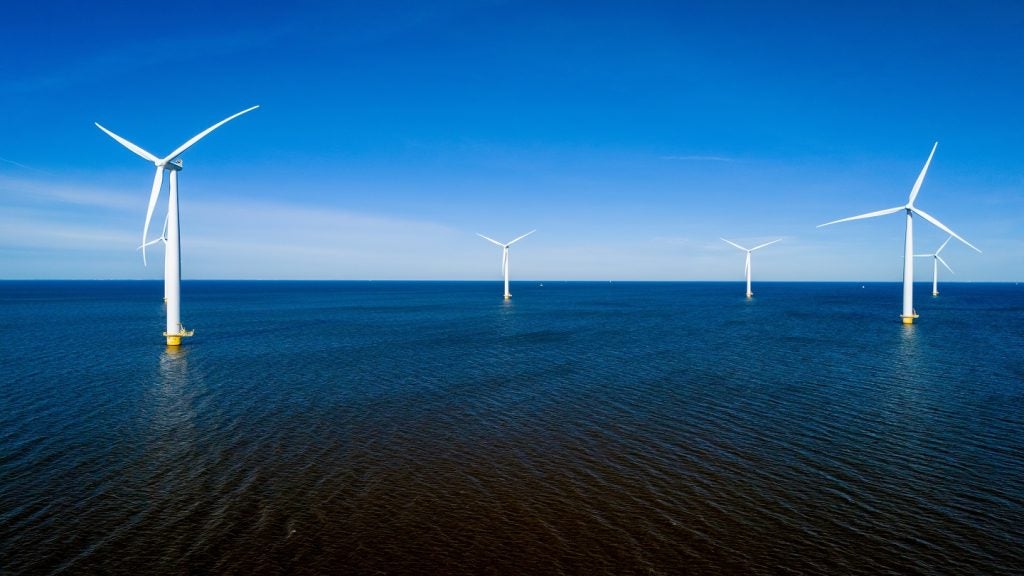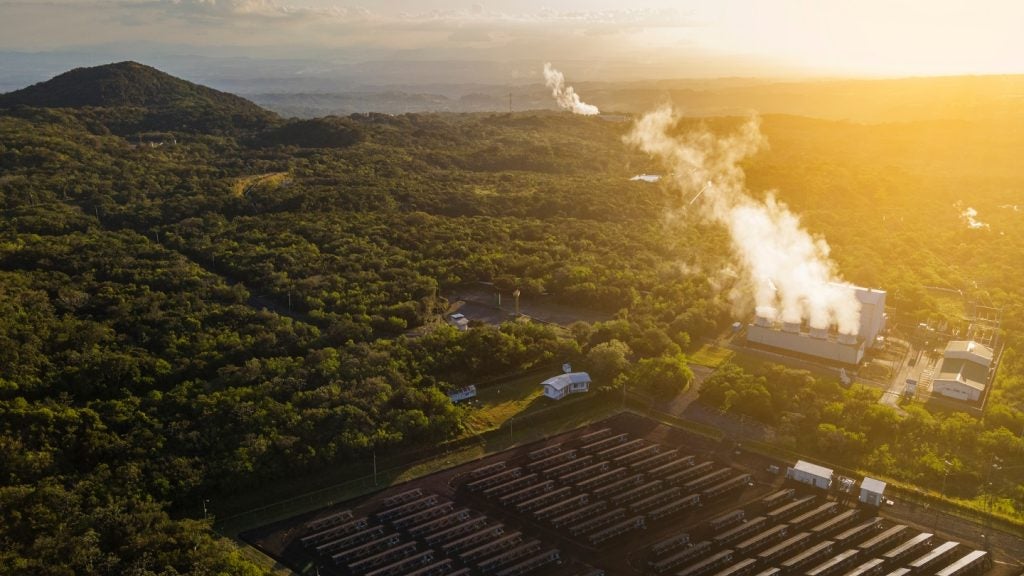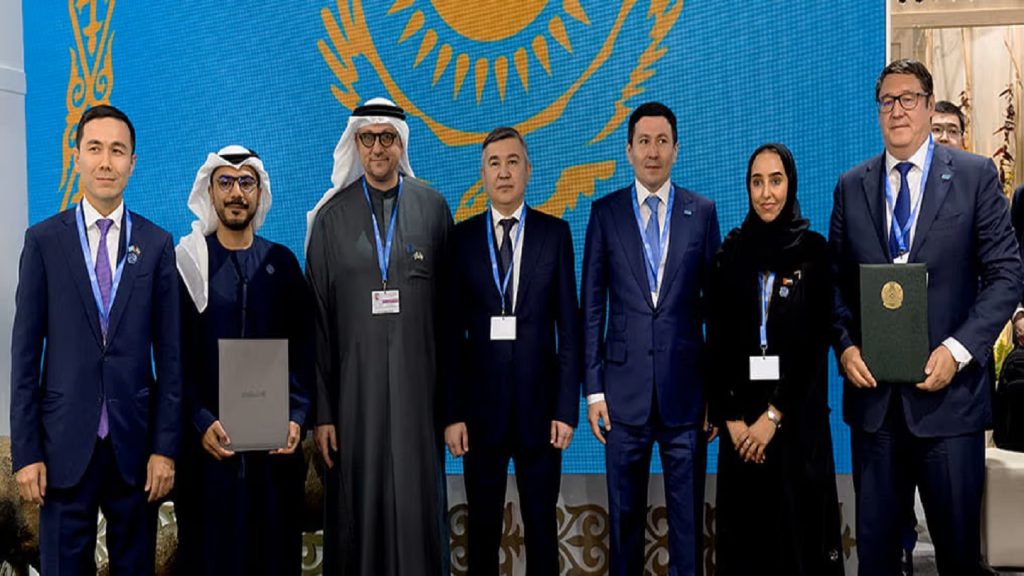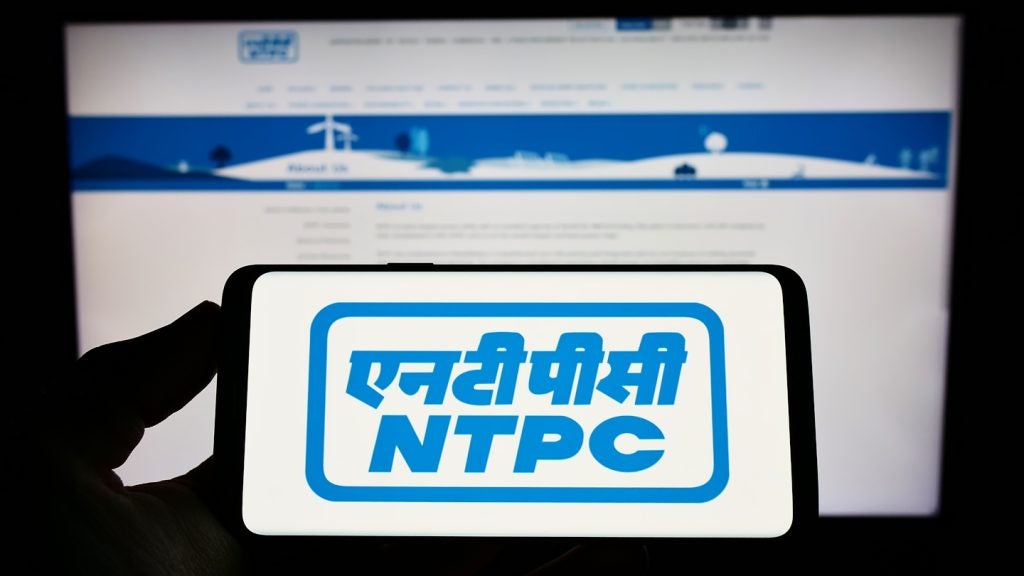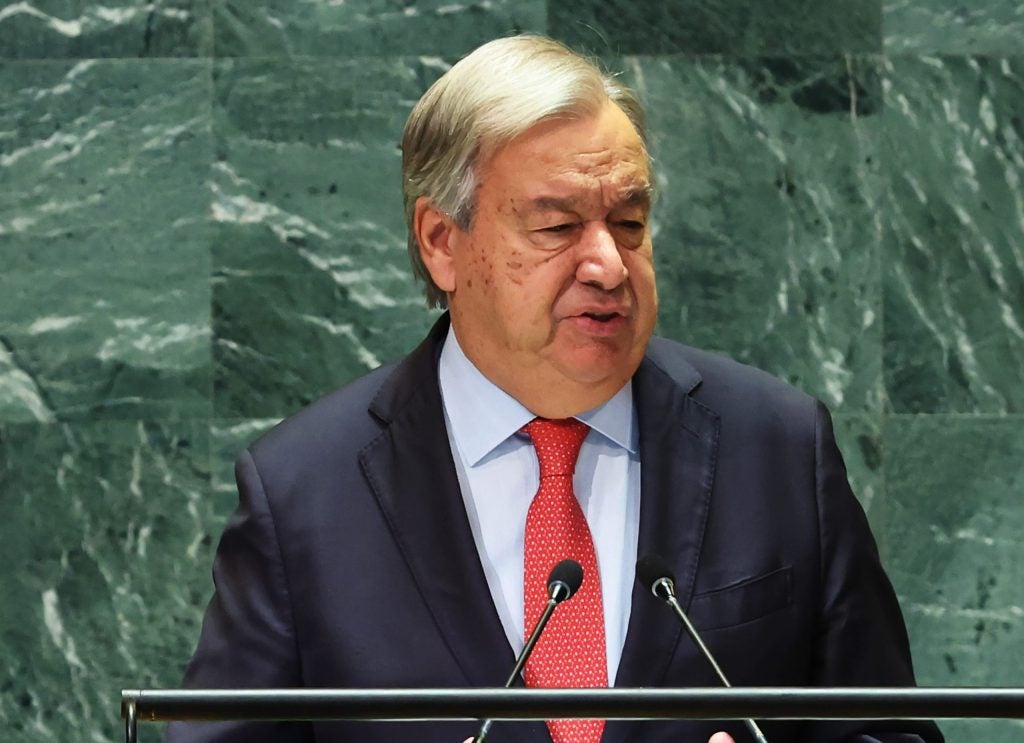Indonesia has unveiled plans to facilitate international investors to develop 75GW of renewable power in the country over the next 15 years, reported Reuters.
The commitment comes from Indonesia's newly appointed president, Prabowo Subianto, which was detailed by Hashim Djojohadikusumo, the country's climate envoy, at this year's Conference of the Parties summit in Baku, Azerbaijan.
Djojohadikusumo in a speech said: "There will be 100GW of new energy that will be implemented in the new administration in the next 15 years, of which 75% or 75GW will be renewable energy."
The renewable energy projects will encompass a range of technologies such as solar, hydro, geothermal, and potentially nuclear power.
Hashim did not provide details on the plans for the remaining 25GW.
Indonesia's current power capacity exceeds 90GW, with coal accounting for more than half of this figure and renewables less than 15%. The country currently lacks nuclear capacity, a contentious issue given its susceptibility to earthquakes.
Claimed to be one of the world's largest greenhouse gas emitters, Indonesia aims to achieve carbon neutrality by 2060. This includes phasing out coal-fired power plants and transitioning to the aforementioned renewable energy sources.
Perusahaan Listrik Negara, Indonesia's state-owned power utility, is in the process of designing a new green transmission line that will extend 70,000km, as stated by CEO Darmawan Prasodjo in a company statement.
Furthermore, Prabowo is set to undertake a long-term reforestation project, aiming to restore 12.7 million hectares of severely degraded forests. This initiative will be supported by both domestic and foreign funding.
Bezos Earth Fund, a $10bn green funding project initiated by Amazon owner Jeff Bezos, has expressed interest towards the initiative, added Djojohadikusumo.
Last year, Indonesia announced a $20bn investment fund for decarbonisation to accelerate the transition towards clean energy.
Financing for the fund was set up under the country’s Just Energy Transition Partnership and is led by the US and Japan.


